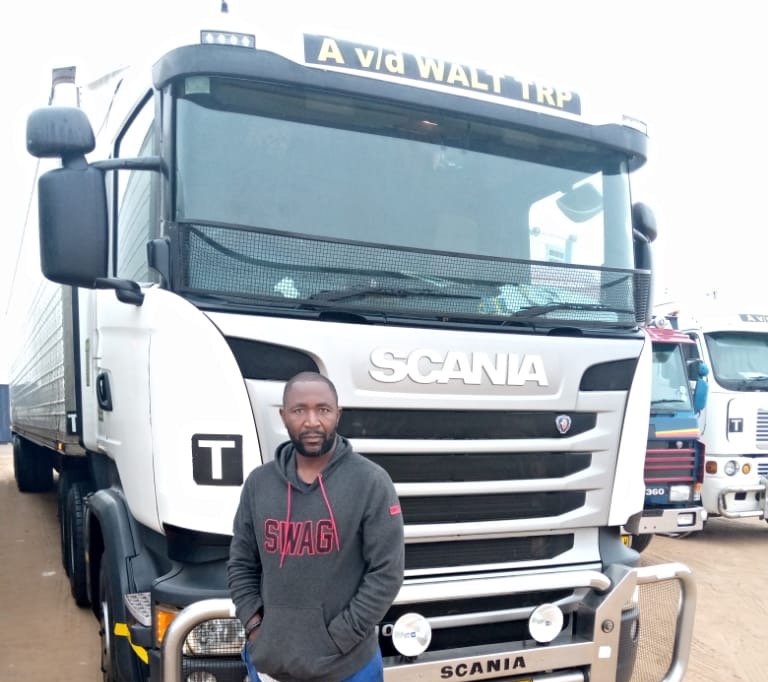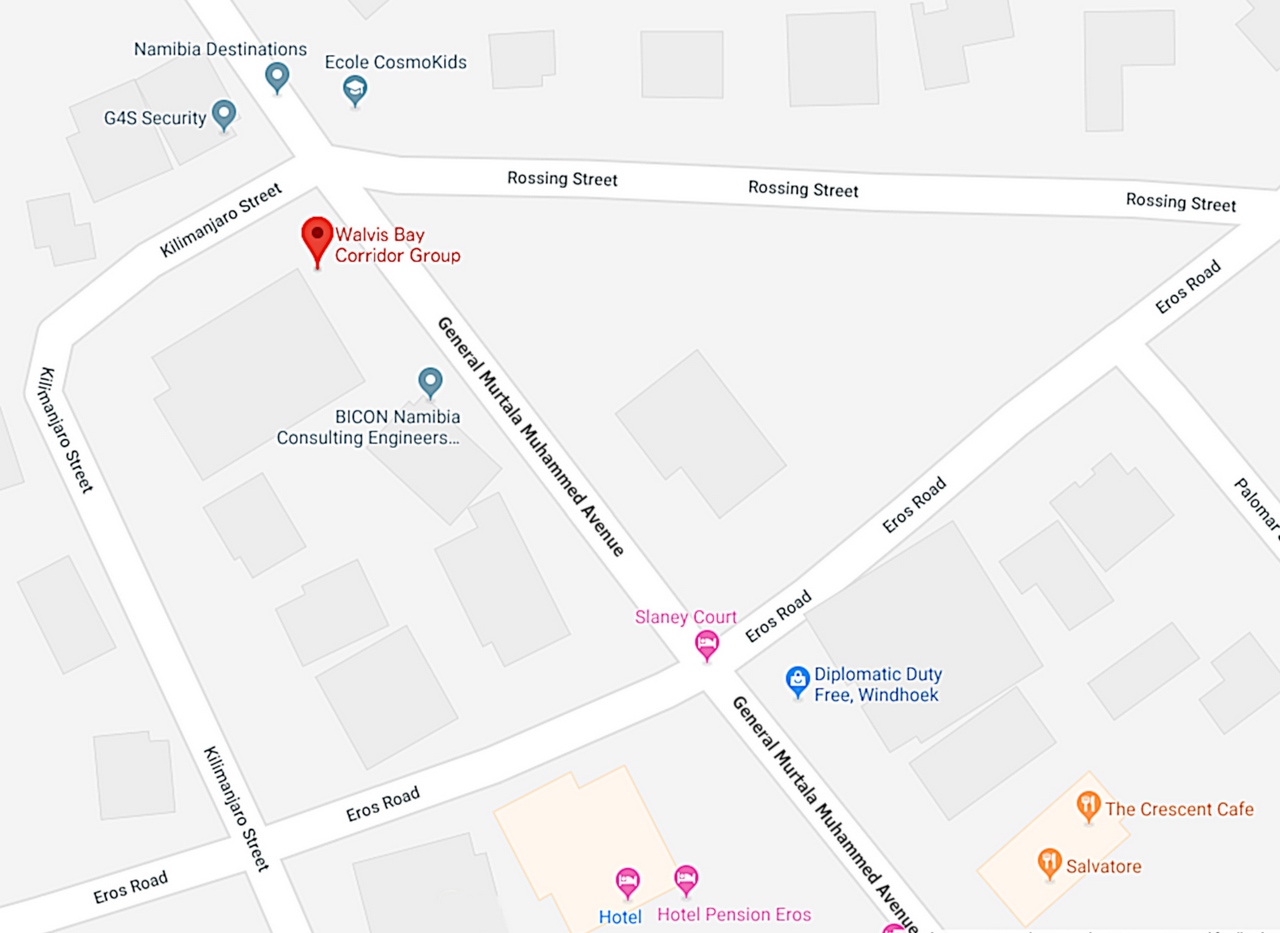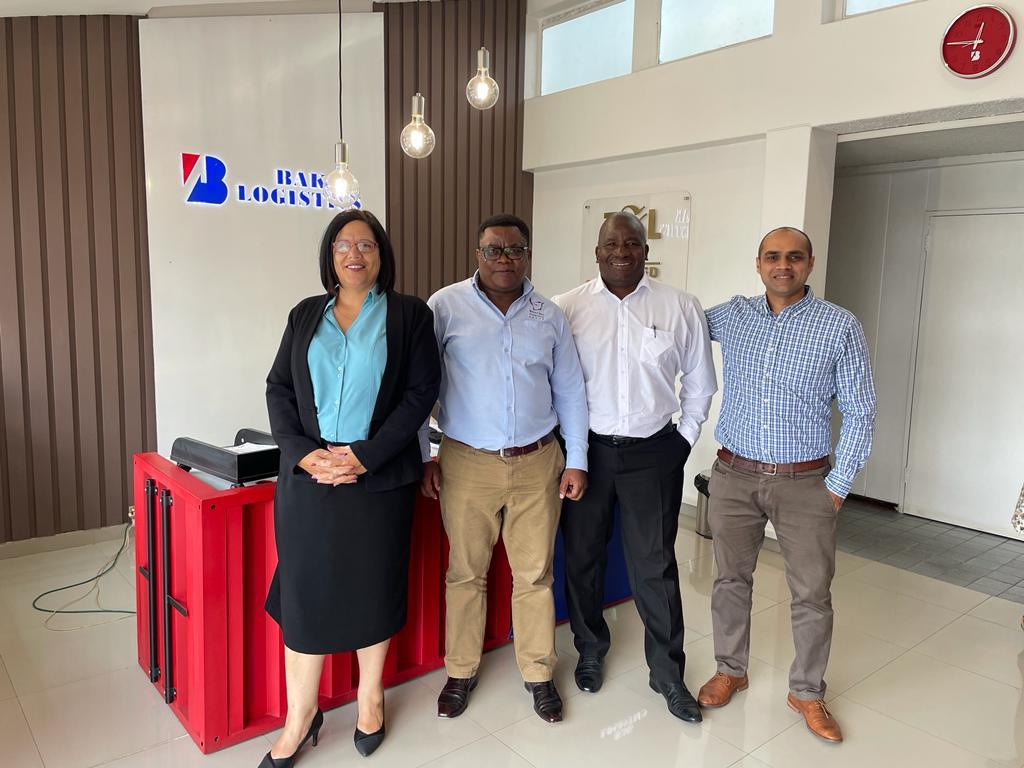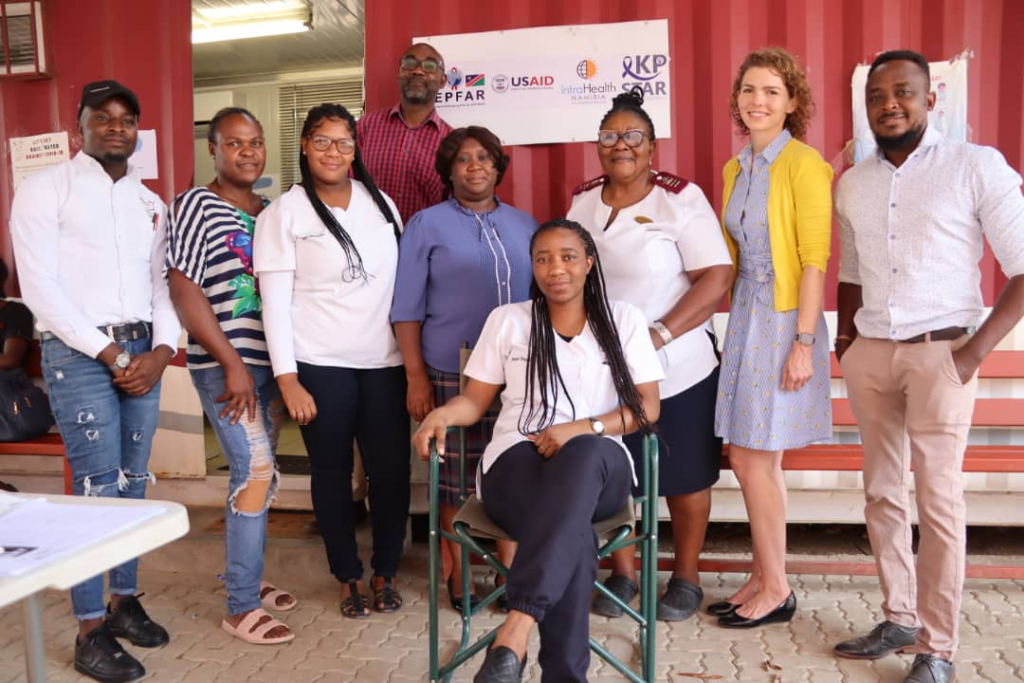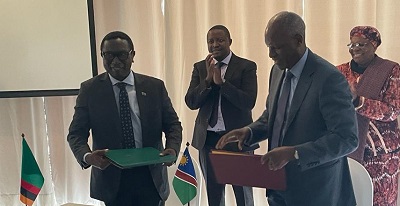Truck drivers and COVID: the outcasts in society
Posted: 5 Jun 2020
Despite being classified as an essential service provider under the transportation, logistics and storage section in the guidelines and regulations document produced for the 21-day lockdown by the Namibian Government, truck drivers have been on the receiving end of judgment by many in the society.
Agreeing to relay his experiences as a truck driver, Mr. Stanley Hamuchemba spoke to the Communications Department of the Walvis Bay Corridor Group.
“I have never been made to feel so insignificant in the 13 years of my career as a cross border truck driver. Subjected to derogatory language, we are also seen as the outcasts in society, the carriers of the Coronavirus”, he says.
Hamuchemba, a 38-year-old Zambian national has been in A Van Der Walt Transport’s service since 2012, says his days on the road are spent on the Walvis Bay-Ndola-Lubumbashi Development Corridor. He leaves Namibia with loads of frozen food stuff and returns with loads of copper and animal stock feed.
“While it is custom for long distance truck drivers to remain isolated on the road between your loading and offloading points, the escalation of Covid in the region has caused us to become even more isolated. I have not seen my family for about a month now”, he says.
After being tested and screened in Lusaka, Hamuchemba spent three days and three nights waiting for the results. Once it came back negative, he was allowed to proceed to his offloading point in DRC. Upon his return to Walvis Bay, he was screened several times at the various border points, as well as daily screening at the quarantine facility in Walvis Bay where he is currently stationed.
“While I have in the past been able to run two to three trips, I can now only do one because of the lengthy stays at border quarantine facilities that we are subjected to on one trip. Apart from the financial implications that comes with this, the use of the trucks as our ‘homes’ has become even more exorbitant as we are only allowed to leave our trucks to use the ablution facilities or have our trucks loaded”.
Stating that one of his biggest wishes at the moment is for society to be sensitised on not only the role of the truckers during the Covid pandemic, but on the importance of humanitarianism across all careers and professions. Hamuchemba however remains confident that the fruits of his labour are vital to the economy.
As many overlook the fact that truckers are keeping our shelves stocked with medical supplies and groceries, let us be more empathetic and appreciative of the foot soldiers putting their own health and security at risk as we battle our way through Covid-19.
